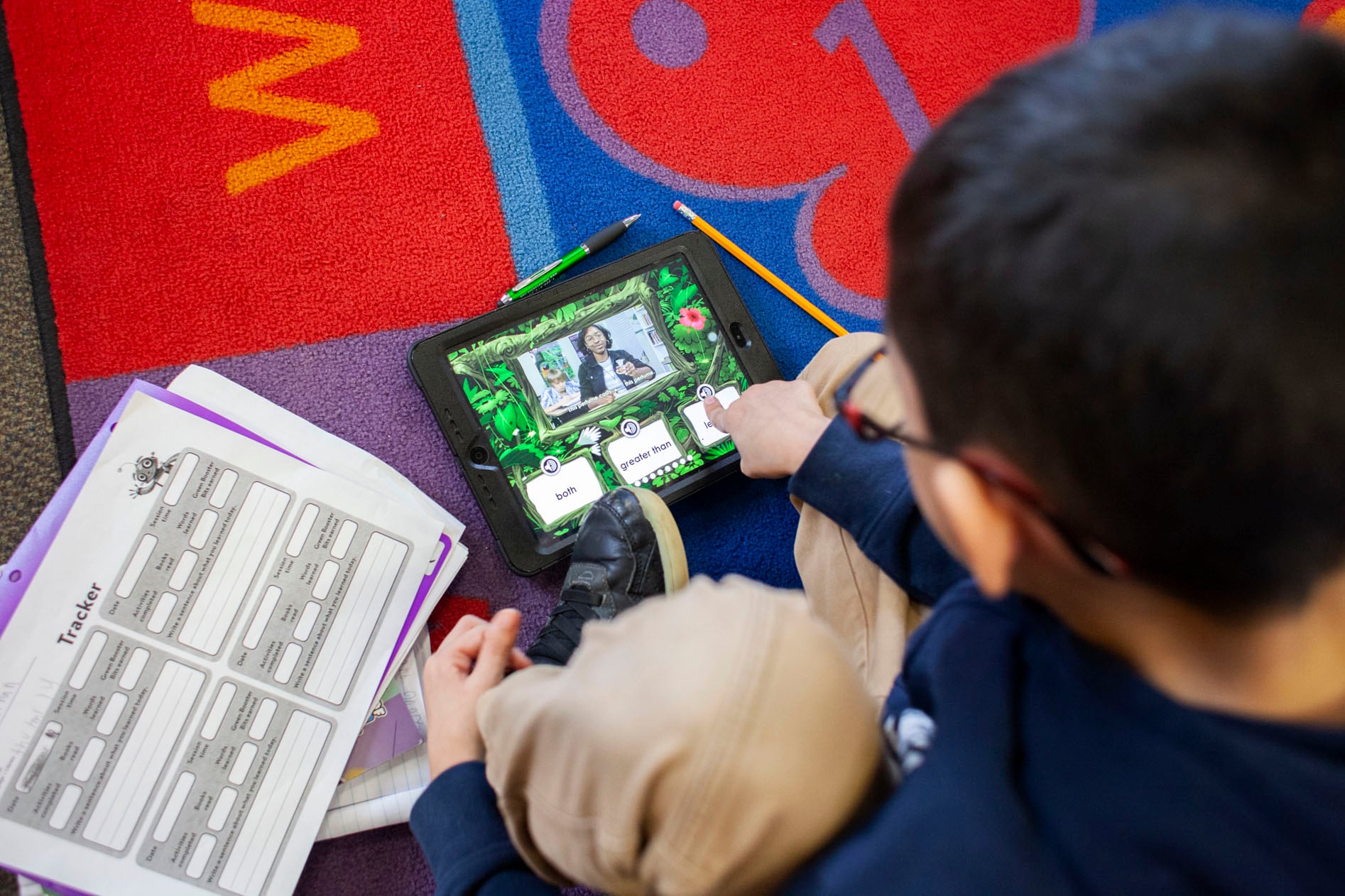Chicago will delay the start of its preschool application process, which was supposed to launch online Tuesday for families seeking seats in the fall for 3- and 4-year-olds in many public school programs and community-run early learning sites.
A spokeswoman for the city’s Department of Family and Support Services, which oversees the application portal chicagoearlylearning.org, said the city was working to set a new date to kick off the application process. The city said earlier that delays could happen as officials focus on the response to the coronavirus.
Guardians of 3- and 4-year-olds may register on the site to receive an email when the portal opens. Most of the public school seats will go this year to 4-year-olds, the school district said earlier this year. Families can search for options at school campuses, community sites, or both.
Currently, a message on the site says registration is “coming soon” and offers links for essential workers to find emergency care if they need it during the state’s stay-at-home order, which has closed all school buildings to students and most, but not all, of the city’s child care centers.
Even before coronavirus shut down normal operations for businesses and governments and disrupted education, parents complained that navigating the preschool application process in Chicago is confusing. Unlike in K-12, Chicago does not guarantee preschool admission at neighborhood schools, so families must apply for a seat.
There are also multiple application routes parents can take, depending on the school. A handful of high-demand public school programs still draw students through a separate lottery. A few places offer tuition-based programs, though those options are dwindling as Chicago works toward offering free universal pre-K program to every child in the city.
Before coronavirus disrupted the school year, Chicago had enrolled more than 12,000 4-year-olds in preschools at its public school campuses, and publicly funded community providers enrolled another 3,900 — together, that’s about 70% of what the city’s 2019 preschool plan predicted should be reached at this point in the rollout.
The expanded options are popular with parents, but community providers have charged that the city has not been transparent about the rollout of universal pre-K and that expanding options in schools could hurt community centers, which also care for infants and toddlers.
Chicago Public Schools last week notified families that it will delay notifications for lottery-based kindergarten programs and selective enrollment for the city’s gifted and classical elementary programs.
Parents who applied for kindergarten seats outside their attendance zone were supposed to find out by Friday whether their child secured a seat; the district has said the new notification date will be May 8 and that parents will have until May 22 to accept offers.
“We greatly appreciate your patience and understanding during these unprecedented times,” the e-mail to parents said.






